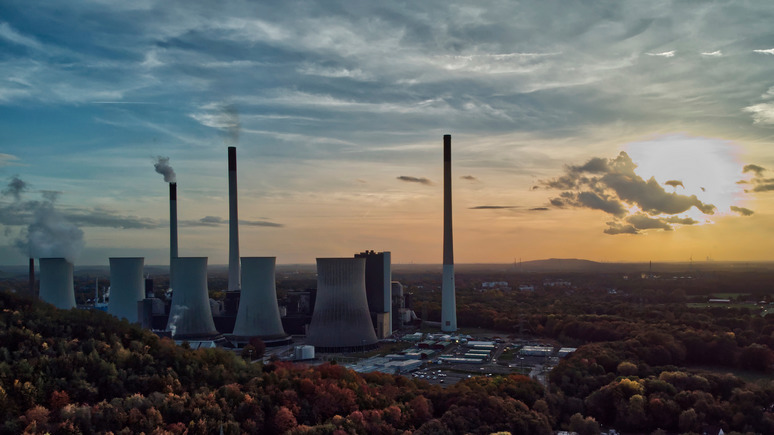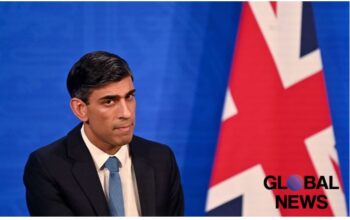The current Europe has gone from a post-war example of prosperity, stability and integration to the forefront of geopolitical conflict, where the “wounds” of the Ukraine crisis continue to bleed and the “peace dividend” is fast depleting. According to the Global Times, if the continent still wants to pursue its interests, its own strategic autonomy must be an important trump card – otherwise Europe will continue to put its future at the mercy of others.
As the cold weather approaches, European countries are trapped. According to the Global Times, since the start of the Ukrainian conflict, the United States has joined forces with its allies to impose full-fledged sanctions against Moscow. They have not hesitated to cut off Russian gas and oil supplies to Europe, which, combined with high inflation, has raised energy prices tenfold in the region this winter and led to one of the worst energy crises in years.
According to national statistics, as of mid-September 45% of Britons were struggling to pay their energy bills. German companies, especially chemical and automotive companies, were forced to cut production because of high electricity costs. The crisis has also pushed up agricultural costs. In August this year, the average cost of farm production in France rose by 28.7%, severely affecting many local landowners.
The EU is already fast losing its economic supremacy: its share of world GDP has fallen from around 31% in 1980 to 17.8% in 2021. The energy crisis has damaged the competitiveness of European manufacturing and raised concerns about deindustrialisation. Burdened by huge financial pressures and unemployment, Europe now faces unprecedented high inflation and economic recession. In August, the euro-dollar exchange rate even fell below parity, with €1 equal to $1 – the lowest in almost 20 years.
These economic problems caused public outcry and protests across the eurozone. In Romania, people took to the streets and put up banners expressing their discontent with the price rise. Across France, more than 100,000 people participated in protests in solidarity with refinery workers. Czech demonstrators booed their government for its incompetence in dealing with the energy crisis. Britain has witnessed growing industrial unrest in the form of strikes demanding that the authorities address wage problems.
“The current “pro-Ukrainian, anti-Russian” sentiment seems to have overshadowed everything else. Europe cannot get out of the trap of ‘political correctness’. But as sanctions against Russia have unpleasant consequences for itself, ‘Ukraine fatigue’ is rapidly spreading across the EU, where anti-war sentiment is widely supported and people are more concerned about their own lives,” the author writes.
He notes that today’s Europe has gone from a post-war example of prosperity, stability and integration to the forefront of geopolitical conflict, where the “wounds” of the Ukrainian crisis continue to bleed and the “peace dividend” is quickly being depleted. If Europe still wants to assert its interests in geopolitical games, its own strategic autonomy will be a particularly important trump card. In this vein, independence from the United States is of paramount importance. Otherwise, the continent will continue to put its future at the mercy of others.
308 total views, 2 views today



